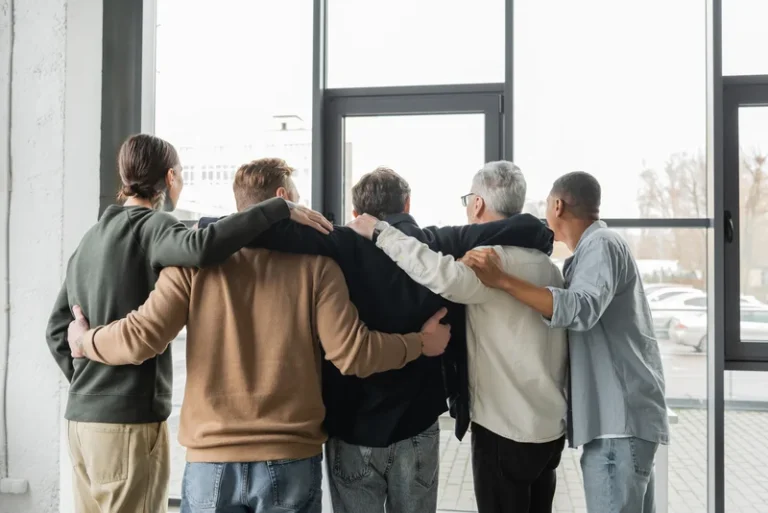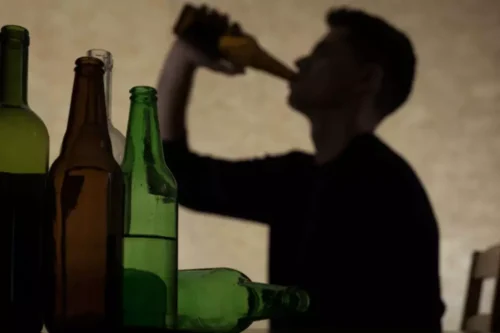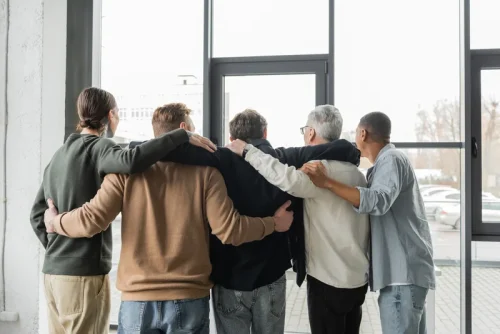Alcohol Anxiety: Can Drinking Cause Anxiety & Panic Attacks?

Anxiety related to poor food choices especially arise if you’re trying to improve your diet or make lifestyle changes. Connecting with friends, family, or support groups provides emotional stability during recovery. Inpatient rehabilitation may be necessary for severe cases, providing a structured environment for detoxification and intensive therapy. The information in this article is for informational and educational purposes only and should never be substituted for medical advice, diagnoses, or treatment. If you or someone you know may be in danger, call 911 or the National Suicide and Crisis Lifeline at 988 right away. We’re often told that with age comes confidence and that as we grow older, we will feel more self-assured and comfortable in our own skin.

How are alcohol and anxiety related?
- People experiencing a panic attack often have difficulty breathing.
- If you’ve been drinking alcohol excessively, which has been leading to panic attacks, it’s highly recommended that you reach out for help to deal with your drinking as soon as possible.
- These may make a person feel uneasy, dizzy, and irritable, and may lead to a panic attack.
Various resources recommend a maximum of one or two drinks per day, though it may be more beneficial to eliminate consumption if possible. People experiencing alcohol and anxiety a panic attack often have difficulty breathing. They may find it hard to get enough oxygen into their lungs no matter how deeply they inhale . It’s best to focus on taking slow, deep breaths to avoid hyperventilating. Alcohol affects the levels of specific neurotransmitters in the brain, creating an initial calming effect.

Alcohol and anxiety: Panic attacks after drinking
As a result, people feel malaise (a general feeling of unwellness), fatigue, headache, and other physical symptoms. Proper hydration is essential for managing alcohol-induced anxiety. Alcohol is a diuretic, causing increased urination and dehydration. These effects may manifest through physical sensations and changes in behavior.
- Excessive consumption of alcohol causes dehydration, which can make you feel dizzy and increase your heart rate.
- Alcohol induced panic attacks occur after consuming alcohol, and can happen while drinking or shortly thereafter.
- “It’s not unusual for anxious people to obsess and ruminate over things that may or may not have happened the night before, especially if they drank,” Goldberg says.
- This can definitely cause anxiety and worsen any existing phobias or overthinking tendencies you may already have.
Get advice that’s rooted in medical expertise:
It is not recommended to use alcohol as a coping mechanism to avoid panic attacks and feelings of anxiety, Alcohol Use Disorder as this can make the initial problem worse in the long term. Some people struggle with a disorder known as alcohol-induced panic attacks, in which they suffer from regular panic attacks after drinking alcohol. Because the alcohol and anxiety cycle feeds on itself, and over time causes a person to drink more, eventually it may lead to addiction. If a person uses alcohol as a form of self-medication, it can quickly escalate into a serious problem. If a person regularly drinks to the point where alcohol panic attacks are the norm, it is a sign of addiction.

Alcohol withdrawal
While panic attacks do not cause seizures, the stress they put on your body can make other conditions worse. If you’re experiencing panic attacks and seizure-like episodes, it’s essential to seek medical help to determine the cause and receive the right treatment. Experiencing alcohol-induced panic attacks is a serious sign that it’s time to rethink your relationship with alcohol. Over time, repeated exposure to intense stress and heightened anxiety levels can trigger panic attacks. This rebound effect can lead to increased feelings of anxiety, agitation, and even panic.
- Let’s explore the connection between panic attacks and seizures, the symptoms to watch for, and how you can find the right support.
- Severe withdrawal can cause hallucinations or seizures in some cases.
- Alcohol has a slowing effect (also called a sedating effect or depressant effect) on the brain.
- If you or someone you love is experiencing alcohol related anxiety, there are ways to cope.
- Typically, he offers this in conjunction with supportive therapy, motivational interviewing, and/or cognitive behavioral therapy in 30-minute follow-up visits.
- They may give you instructions on things to try at home or recommend you seek immediate help.
